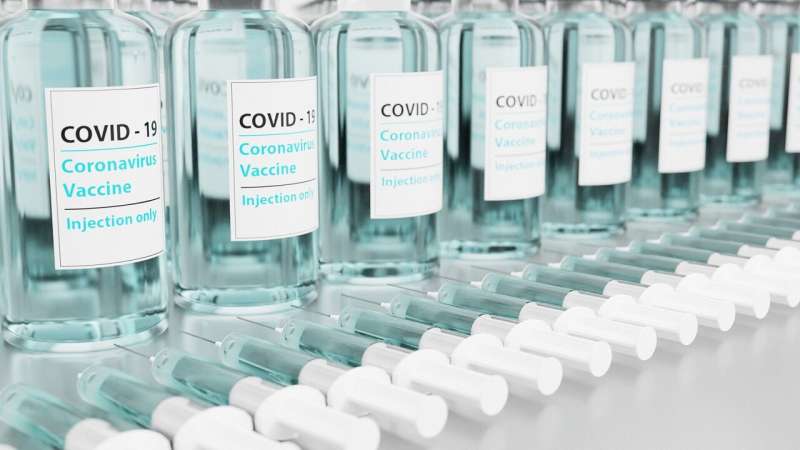Public Hesitation Toward AI in End-of-Life Medical Decisions Favor Human Judgment

A new study shows that people are more hesitant to trust AI with end-of-life decisions, favoring human judgment, especially in euthanasia cases. Understanding these perceptions is key as AI becomes more integrated into healthcare.
A recent study reveals that people tend to be more skeptical about allowing artificial intelligence (AI) to make end-of-life decisions compared to human doctors. The research, led by the University of Turku in Finland, explored how individuals judge the morality of euthanasia and other life-support decisions when made by AI, robots, or humans. Conducted across Finland, Czechia, and Great Britain, the study presented participants with case stories involving patients in coma or requesting euthanasia. Findings indicate that acceptance of AI decisions, especially regarding euthanasia, is lower than for human decisions. Notably, this bias persists regardless of whether AI is providing advice or making the final call. People are more comfortable with decisions to sustain life-support systems, but they show less trust when AI or robots are responsible for turning off life support or euthanasia. Interestingly, acceptance levels improve when the patient themselves requests euthanasia, such as through lethal injection, and the perceived competence of AI was a key factor behind this moral judgment asymmetry. Participants viewed AI as less capable of explaining and justifying decisions, which contributed to their hesitance. The researchers emphasize that patient autonomy plays a crucial role in how AI's involvement in health care is perceived. Understanding societal reactions and personal experiences with AI is vital as these systems become more integrated into medical practice. This research underlines the importance of addressing moral perceptions to foster broader acceptance of AI in sensitive medical decisions.
Stay Updated with Mia's Feed
Get the latest health & wellness insights delivered straight to your inbox.
Related Articles
Unexpected Role of Cancer-Related Gene in Pancreatic Tumor Growth
New research reveals that the cancer-fighting gene STK11 plays an unexpected role in supporting pancreatic tumor growth by regulating immune cell behavior. This discovery opens new avenues for targeted therapies against pancreatic cancer.
Enhancing Human Activity Recognition with Smartwatches Using AI Algorithms
Researchers have developed AI algorithms that enable smartwatches to recognize daily human activities with 78% accuracy, paving the way for advanced health monitoring and personalized care.



